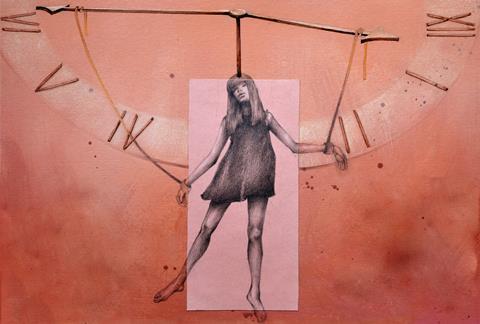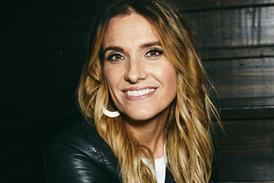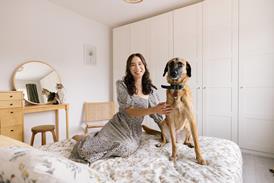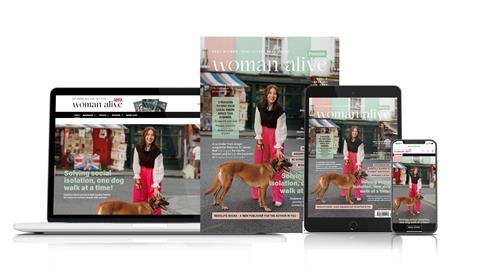Your health questions answered by our resident GP, Dr Olúṣẹ̀yẹ Àríkàwé

Q: I’m in my 40s, have been trying for a baby for a few years, have had lots of investigations and have been advised to go for IVF. I don’t want IVF; I don’t want to help God. I want to be able to hold on to my faith that he will give us a child at the right time, even though I feel very let down right now. Could you give me some advice please?
I’m sorry to hear that you have felt discouraged and let down because of the delay in having children.
Many Christians shy away from taking the offer of assisted conception because they feel that they are trying to help God or that God has failed them by not allowing them to have their child naturally.
IVF stands for in vitro fertilisation, and since the very first IVF baby in 1987, Louise Brown, this medical break through has helped countless couples have their miracle children.
During IVF, the egg and sperm are combined outside of the woman’s body. The process is not always successful, and the chances of pregnancy with IVF decreases with age.
Every conception is a miracle, whether natural or through assisted conception. There are many options for assisted conception, and I believe all of these methods are God’s way of assisting couples who desire children but have not been able to have them naturally.
IVF is not humans helping God, but it is God helping humans. I believe every Christian who has been offered the option of IVF should view it in this way and therefore embrace the opportunity.
God works with us all differently; sometimes we want God to work with us in specific ways, but he may decide he wants to work in a completely different way. Not everyone will have a child through natural conception; some women will have their children through assisted conception, some through surrogacy and others through adoption. God is sovereign, and as I understand it, he can decide to work in whichever way he wants to work with us.
I believe that assisted conception is in fact supernatural, because it takes a little more faith for it to be successful.
Depending on where you live in the United Kingdom, you may be entitled to have IVF under the NHS. However, in most areas, after the ages of 40-42, IVF is no longer available free.
My advice is that you embrace IVF and prayerfully approach your treatment with faith that it will have a successful outcome.

Q: I experienced menopause early, at 34, due to a huge fibroid. I am now 40 and have recently married, and would really like some advice on how to manage menopause.
I’m sorry to hear that the treatment you had for your huge fibroid caused premature menopause.
Because you experienced menopause before the average age for most women, which is around 51 years, it is recommended that you replace the hormones you lost earlier than expected. This is because of the risks associated with losing female hormones prematurely, which include osteoporosis (brittle bones), heart diseases, sexual dysfunction and mood disturbances.
Apart from hormone replacement therapy (HRT) helping to reduce the risks mentioned above, it also helps to combat the many symptoms of menopause such as hot flushes, night sweats, extreme tiredness, mood disturbances, poor sleep, vaginal dryness, bladder problems and many more.
HRT is routinely recommended to all women who go through menopause early unless there is a medical reason why it can’t be used. HRT risks after natural menopause do not apply to women who have premature menopause.
Women who undergo premature menopause can still have intermittent ovulation, experience menstrual periods and even get pregnant, unless the ovaries have been surgically removed. Even if the latter is the case, there are other options for having a baby, if a woman wishes to, such as in vitro fertilisation through egg donation.
Aside from medications, there are other valuable tips for managing the symptoms of menopause (including diet and exercise). Do take a look at the October to December issues of Woman Alive, in which I covered the menopause in great detail.
YOUR QUESTIONS WANTED
If you have something you would like to ask the doctor, please email womanalive@premier.org.uk
The advice given here is not a substitute for personalised professional advice, diagnosis or treatment. Please consult your healthcare provider for personal health or medical advice.































